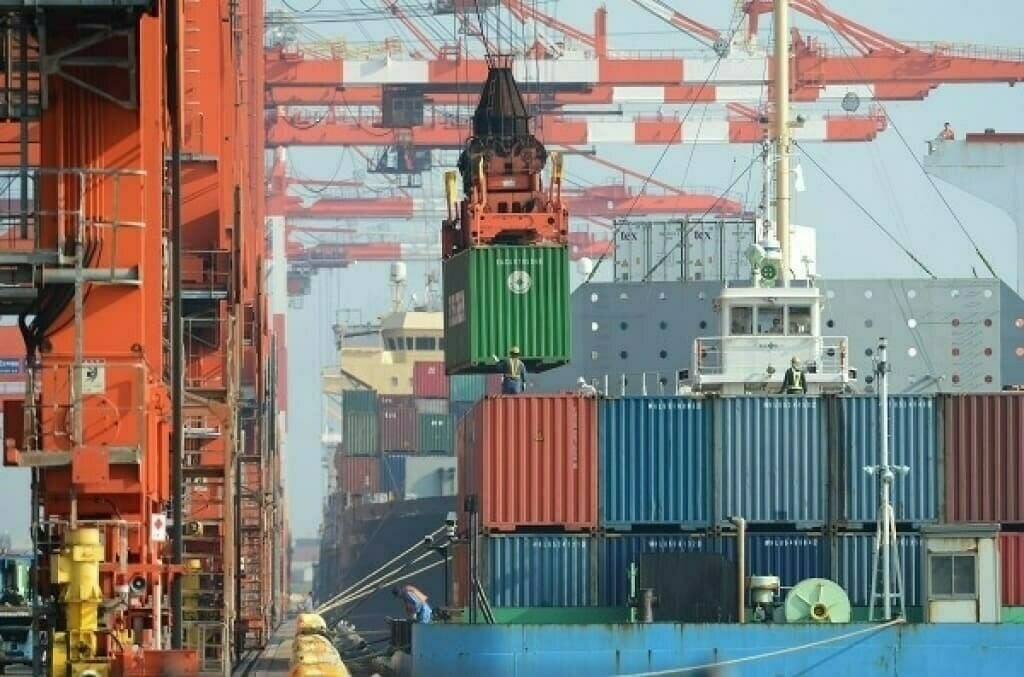PTBP Web Desk
The Federal Board of Revenue (FBR) is poised to encounter a significant revenue shortfall in January 2025, with projections indicating a deficit of more than Rs50 billion. According to sources within the FBR, the agency is expected to collect approximately Rs900 billion in taxes, falling short of the ambitious target set at Rs956 billion for this month.
This shortfall is part of a broader trend where, from July to January, the revenue collection might exceed a Rs435 billion shortfall. Up to date, the FBR has managed to gather around Rs700 billion in taxes, with an additional Rs200 billion anticipated to be collected in the final days of January. These figures underscore a challenging fiscal landscape for Pakistan, where meeting monthly revenue targets has become increasingly difficult.
The FBR has set a formidable goal for the third quarter of the current fiscal year, aiming to collect Rs3,000 billion. The breakdown of this target includes Rs956 billion for January, Rs950 billion for February, and a steep Rs1,200 billion for March. These targets reflect not only the government’s revenue expectations but also the pressure on the FBR to maximize tax collection amidst economic constraints.
Chairman of the Federal Board of Revenue, Rashid Mahmood Langrial, has openly discussed the issues plaguing Pakistan’s tax system. He highlighted that a significant portion of the population, around 60 percent, falls below the income tax threshold, thus not contributing to the tax net. This situation leaves a narrow base for tax collection, primarily targeting the 5% of the population that is within the tax system.
However, Langrial pointed out a critical issue: among those who should be contributing, there’s a notable segment, including the super-rich, who evade taxes. He estimated that around 6.7 lakh individuals are within the tax net but not fulfilling their obligations. This evasion is seen as a systemic problem, with some of those who publicly critique the tax system being evaders themselves, according to Langrial.
The Chairman’s comments underline a pressing need for reforms within the tax system. He criticized the current system’s design for being flawed, with incorrect tax rates and structures that fail to capture a fair share from all income brackets. The call for reform is not just about increasing the tax base but also about ensuring that the system is equitable and efficient, possibly through better tax rate adjustments and broadening the tax net to include more of the population.
The revenue shortfall in January 2025 could have several implications:
Budgetary Constraints: A shortfall of this magnitude could strain the government’s budget, potentially leading to cuts in public spending or the search for alternative revenue sources.
Economic Impact: Persistent shortfalls might affect economic planning, including how the government addresses inflation, debt servicing, or public sector investments.
IMF and International Relations: Given Pakistan’s engagements with international financial institutions like the IMF, revenue collection is crucial for meeting fiscal targets and maintaining financial aid programs.
As the FBR moves towards the end of January trying to bridge the gap to its target, the broader conversation about tax reform in Pakistan becomes ever more critical. The government’s ability to reform, expand, and enforce the tax system will be pivotal in ensuring fiscal health and sustainable economic growth. The challenge now lies not only in meeting immediate revenue goals but in restructuring the tax system for long-term efficacy and equity.




